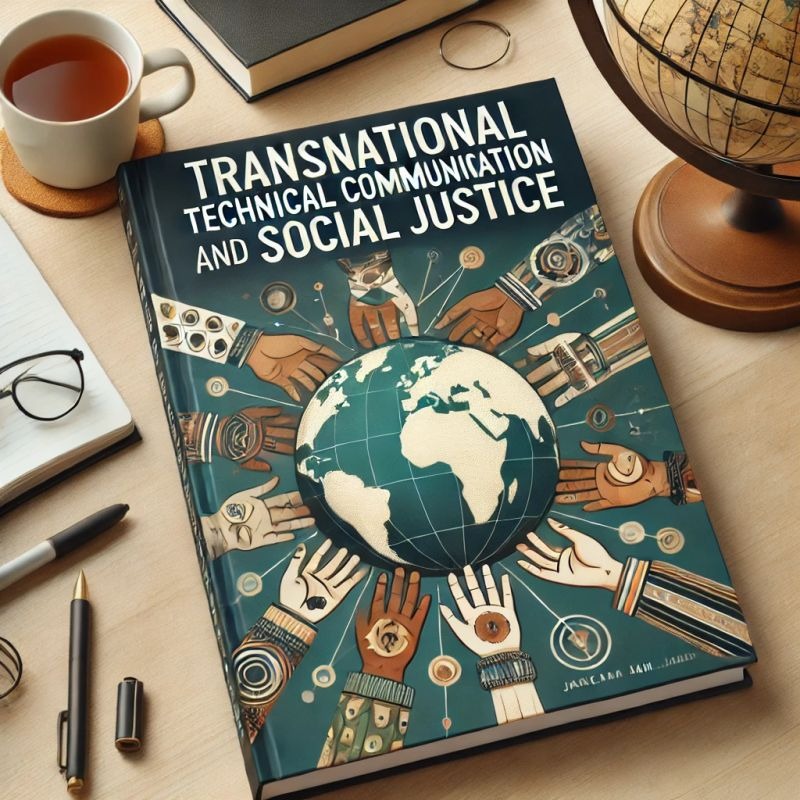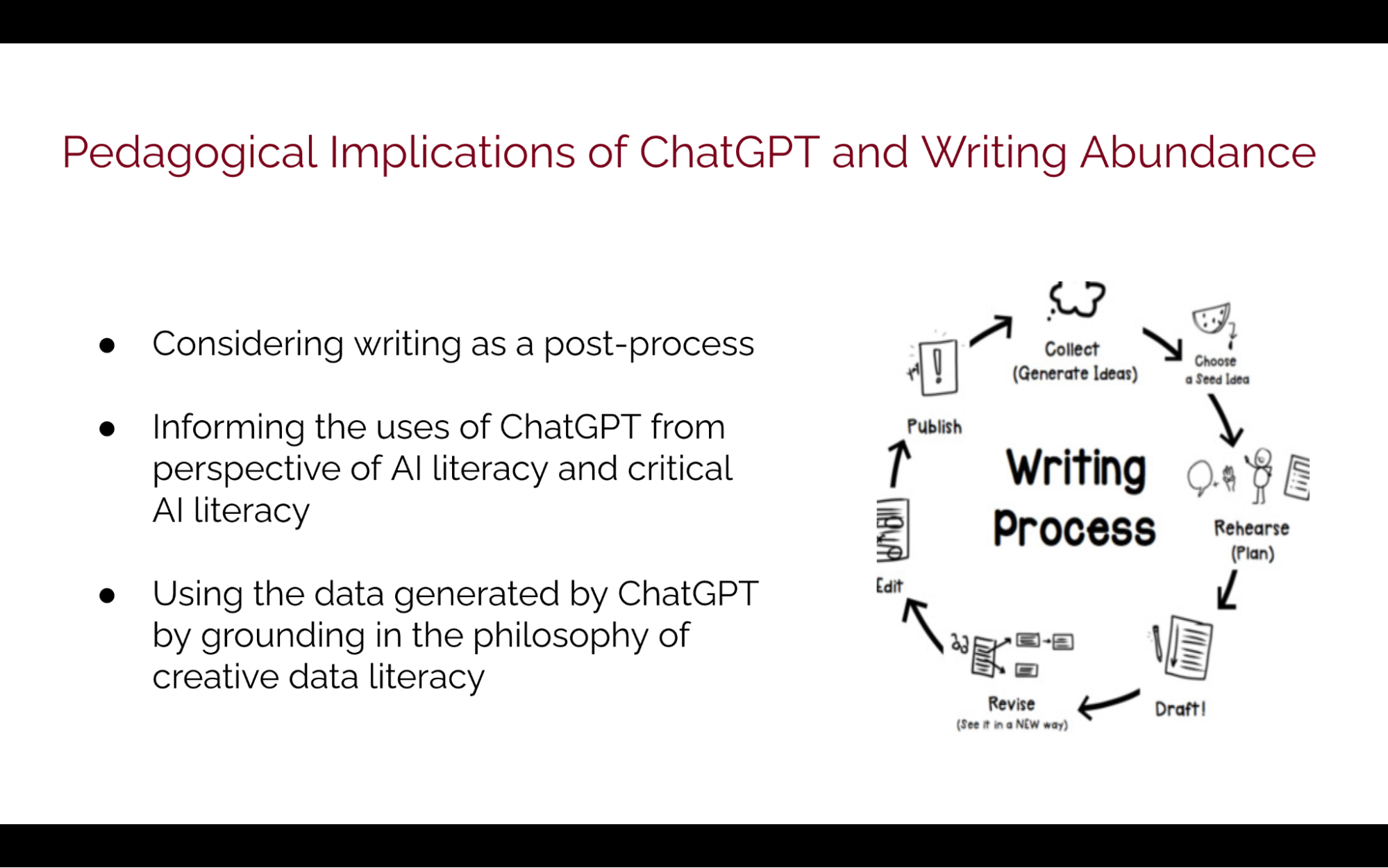My research
Dissertation: Depoliticizing the "Depoliticized" Technical Communication: The Case of Transnational Technical Communication
My dissertation interrogates how technical communication documents, especially within transnational contexts, are frequently depoliticized to present themselves as neutral, objective, and universally applicable. Drawing on critical and transnational feminist frameworks, I analyze how this depoliticization operates as a rhetorical strategy that obscures underlying power imbalances, silences local voices, and privileges the epistemologies of dominant global power structures—both those established and emerging.
Focusing on the case of the Millennium Challenge Corporation’s (MCC) Compact with Nepal, my study demonstrates how technical documents become contested sites of ideological negotiation. These documents not only influence public discourse and shape policy reception but also impact democratic participation and sovereignty. Through this analysis, I reveal the ways technical communication is deeply entangled with political, social, and cultural dynamics, challenging the assumption that such texts are neutral or purely informational.
Ultimately, my dissertation advocates for a politicized, reflective, and socially just approach to transnational technical communication—one that centers marginalized perspectives, critically engages with power relations, and promotes more equitable and democratic communication practices.
The small part of the data from my disseration are explained and explored from “information ecology” perspective and was presented and published as conference proceeding in IEEE2025 titled The Nepali Digital Subaltern Counterpublics: Making Sense of Information Ecology at the Juncture of Global Power .
Using the transnational feminist thinking and post-digital critical pedagogy perspective, article present a an anlysis of X data and claims that social media data presented by Nepali digital subaltern counterpublics ought to be considered as a “transnational polyvocal testimonies” the overarching transnational consciousness that helps TPC researcher and practitioners to considers digital treks as user’s experiences of interacting with the TPC documents.
Transnational, International, and Intercultural Technical and Professional Communication

My current major research includes examining and understanding transnational perspectives in technical communication. For me, transnational technical communication can be developed and theorized as a critical theory/method/methodology that addresses the diverse ramifications of globalization—globalization is conceptualized in terms of “scapes” as articulated by Appadurai (ethnoscapes, technoscapes, financespaces, mediascapes and ideoscapes). Applying the term "transnational" to technical communication involves critically reevaluating the ways artifacts and discourses of "problem-solving" traverse within, between, and across borders and bodies, often requiring technical communicators to interpret their intentions. For me, a transnational perspective in technical communication expands the scope of international and intercultural communication by incorporating and embracing a social justice lens from a global viewpoint.
2025
-
Transnational Feminist Examination into the Machine Learning(ML) Algorithm: Argumentation Mining (AM) and Wearable Reasoner(WR)(Accepted for publication)
2024
-
Understanding Transnational Technical Communication (TTC) in Technical and Professional Communication (TPC): What do you mean when you use the word "Transnational"? https://doi.org/10.1080/10572252.2024.2414101
2023
-
Book review: Transnational research in technical communication: Stories, realities, and reflections by Small, N., & Longo, B. Technical Communication Quarterly https://doi.org/10.1177/10506519231217999
2022
-
Argumentation mining: Design thinking from a feminist perspective https://doi.org/10.1145/3513130.3559005
User Experience Research and Usability Studies

I am a Usability Experience (UX) researcher. From January 2023 to December 2024, I worked as a usability researcher on a project examining how undergraduate students at the University of Minnesota Twin Cities use ChatGPT. This research was conducted in collaboration with a team led by Dr. Lee-Ann Kastman Breuch. Our team includes Kathleen Bolander, Stuart Deets, Alison Obright, Jessica Remcheck, Lee-Ann Kastman Breuch, and me. Together, we explored pedagogical questions around the integration of ChatGPT in the classroom, focusing on the ways and practices instructors can adopt to meaningfully incorporate this technology into student learning.
Additionally, I am also researching on how the social media expressions and digital traces left on social media can serve as a user experience data especially in case where users experiences are not collected. Taking this argument further, I am writing a book chapter that explains how designers and developers in the West, especially at the United States, can rethink through the empathy mapping phase, ideations phase and prototyping phase centering the experience, vocabulary and voices of the marginalized users.
2025
-
Practicing Radical Ideation: Re-looking at the User's Experience from a Global South Perspective”. Edited by Guisepee Getto, Amber Lancaster and Susan Flanagan. The Routeledge Handbook of User Experience in Technical Communication (Upcoming)
Artificial Intelligence, Argumentation Mining and Machine Learning Algorithms
My recent research also interrogates current developments in artificial intelligence, such as argumentation mining, algorithmic rhetoric, and ChatGPT, foregrounding the importance of examining data—how it is extracted and how this process contributes to data colonialism, oppression, and the misappropriation of already marginalized publics and knowledges, particularly in the Global South. I challenge the notion of AI as neutral and objective. By questioning dominant narratives of objectivity in AI, I demonstrate how technical systems and the rhetoric surrounding AI and machine learning algorithms are deeply political and ideological, reflecting the values and biases of those who design them.
Rather than merely critiquing existing ML systems, I advocate for re-designing technologies grounded in feminist ethics and justice. I emphasize the importance of incorporating diverse rhetorical knowledge—especially from users and communities in the Global South—into the design process.
2025
-
Utilizing ChatGPT to integrate world English and diverse knowledge: A transnational perspective in critical artificial intelligence (AI) literacy https://www.sciencedirect.com/science/article/pii/S8755461524000896
2024
-
Transnational Feminist Examination into the Machine Learning (ML) Algorithm: Argumentation Mining (AM) and Wearable Reasoner (WR) https://techcommsocialjustice.org/index.php/tcsj/article/view/35
2022
-
Argumentation mining: Design thinking from a feminist perspective https://doi.org/10.1145/3513130.3559005
World Englishes, Linguistic Justice, Transnational Pedagogy
As an international student and scholar, I am a strong advocate and practitioner of linguistic justice and World Englishes. My earliest work in the United States—beginning during my master’s studies—focused on World Englishes, linguistic justice, and transnational pedagogy. Since then, I have continued to explore how these concepts must remain central to both pedagogical practices and innovations, especially in the context of emerging technologies like ChatGPT and other generative AI tools used in classrooms and workplaces.
2025
-
Utilizing ChatGPT to integrate world English and diverse knowledge: A transnational perspective in critical artificial intelligence (AI) literacy https://www.sciencedirect.com/science/article/pii/S8755461524000896
2021
-
All Writers Have More Englishes to Learn: Translingual First-Year Composition Classes’ Promotion of Composition’s Threshold Concepts Link to article
2021
-
FYC's unrealized NNEST egg: Why non-native English speaking teachers belong in the first-year composition classroom https://digitalcommons.humboldt.edu/alra/vol5/iss1/6/
Feminism, Transnational Feminism, and Non-Western Rhetoric

Scholarly thought, method, and methodology in feminism, transnational feminism, and non-Western rhetoric are deeply connected to my identity and who I am as an individual. For me, transnational feminist perspectives offer rich and transformative insights—especially when it comes to advancing social justice in the field of Technical and Professional Communication (TPC).
My work on feminism, transnational feminism, and non-Western rhetoric began in my home country, Nepal, where I studied one of the first feminist rhetoricians: Yogmaya Neupane. I was honored to publish an article about her life and contributions, which included eradicating the Sati system, advocating for human and women’s rights, and courageously confronting both the government and Brahminical hegemony. I am proud to have shared her story in Peitho: Journal of the Coalition of Feminist Scholars in the History of Rhetoric and Composition.
2025
-
Feminist Rhetorical Practices in the Unnamed Rhetorical Tradition: Revisiting the Works of Yogmaya and Durga Devi. The Inclusive Work of Global Rhetorics. Utha State University Press.(Upcoming)
2022
-
Yogmaya Neupane: The unknown rhetorician and the known rebel https://wac.colostate.edu/docs/peitho/files/2022/06/Peitho-Spring-24.3.pdf#page=21